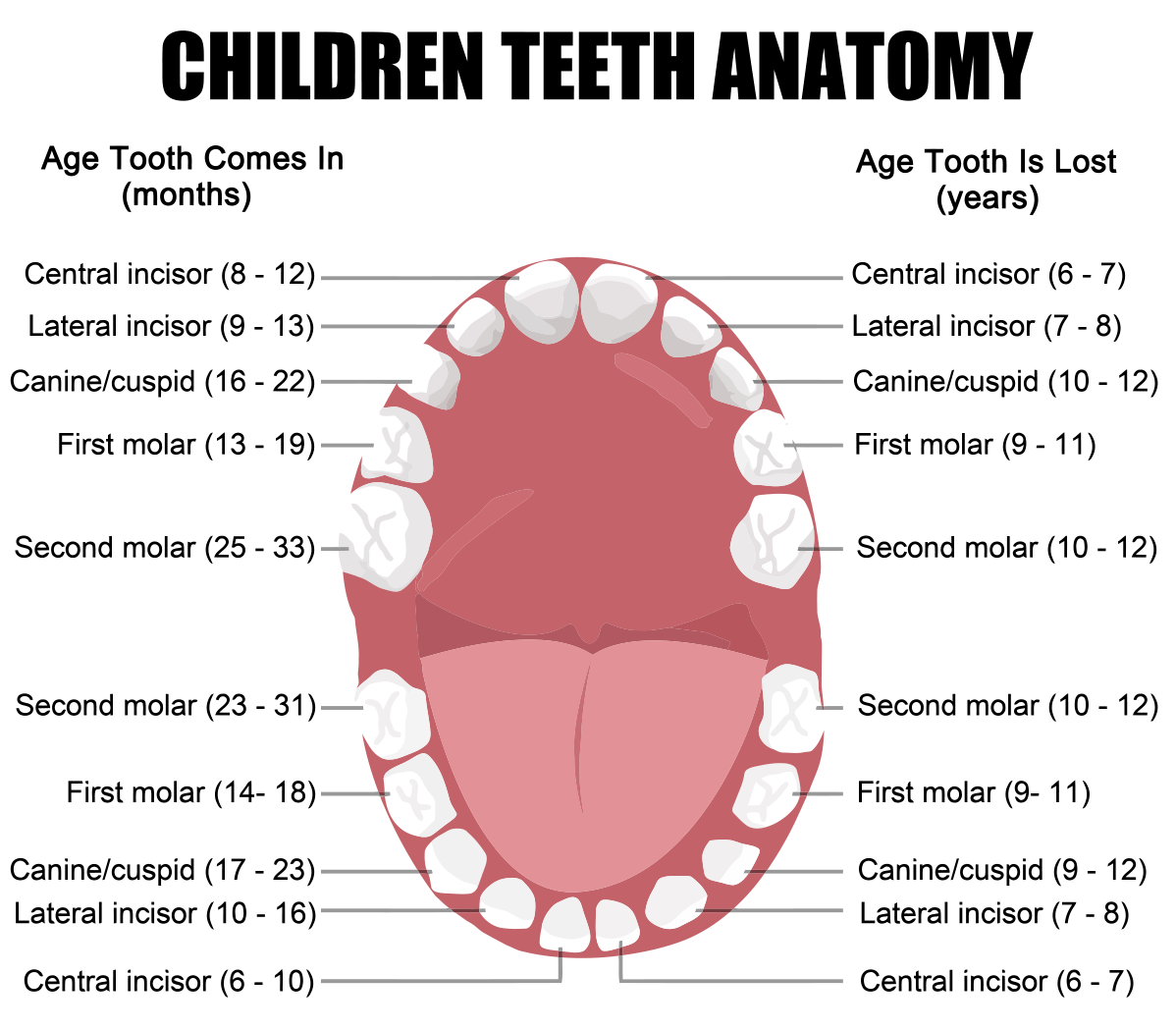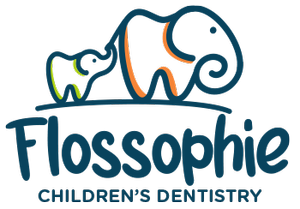By the time your child reaches this stage, they should have already had their initial dental appointment with a pediatric dentist. This visit ensures that their teeth and gums are in excellent condition and developing as they should. Regular check-ups with a pediatric dentist play a crucial role in maintaining your child’s oral health and promoting a positive dental experience for them as they grow.
Why Find a Pediatric Dentist in Duluth for your Preschooler?
When your preschooler is between 3 to 5 years old, they may not be capable of performing complete dental care independently. However, this age range is an ideal time to instill proper dental habits that will contribute to their lifelong oral health. Taking the first step by finding a pediatric dentist specializing in preschooler dentistry is crucial, and Flossophie Children’s Dentistry in Duluth, GA is precisely the specialist you need. Our team is dedicated to providing expert dental care tailored to young children, ensuring they develop healthy habits early on for a lifetime of dental well-being.
Your Child’s First Tooth?
Around the age of 5, it’s quite possible that your child will experience the excitement of losing their first tooth (brace yourself for the tooth fairy!). Following this milestone, a permanent tooth will begin to emerge through the gums.
At this point, it’s a great idea to schedule a visit with a pediatric dentist to ensure the proper development of the incoming permanent tooth and to assess overall dental health. This early evaluation helps to catch any potential issues and ensures everything is looking good as your child’s adult teeth begin to make their appearance. Regular dental check-ups are vital for your child’s dental well-being and to set them up for a lifetime of healthy smiles.

Proper Dental Care Starts at Home
Home dental care is essential, especially for preschoolers, and it involves following these crucial steps:
- Brushing: The cornerstone of preschooler dentistry is brushing their teeth. Use a soft toothbrush and a pea-sized amount of fluoride toothpaste, both of which should be approved for children’s use by the American Dental Association (ADA).
- Flossing: As soon as your child’s baby teeth start to align closely together, it’s crucial to begin flossing. Food particles can get trapped between the teeth, and if not cleaned properly, they may lead to cavities.
- By incorporating these steps into your child’s daily routine, you can lay the foundation for good dental habits and promote excellent oral health for their growing smile.
Brushing Your Preschooler’s Teeth
When you brush your child’s teeth, it’s essential to give extra care to the back teeth and along the gum line. Thoroughly cleaning these areas is crucial to prevent cavities, gum disease, and other potential issues later in their life.
To promote good oral health, establish a consistent brushing routine after breakfast and just before bedtime. Moreover, encourage your child to brush their teeth after meals and snacks whenever possible. By diligently following these practices, you can safeguard your child’s dental well-being and contribute to a healthy smile for years to come.
What to Look for in a Child’s Toothpaste
To enhance the benefits of your child’s toothpaste, it’s essential to consider the fluoride naturally present in drinking water. Fluoride plays a crucial role in strengthening tooth enamel, making it highly resistant to bacteria and decay. However, it’s essential to note that the fluoride concentration in regular adult toothpaste is many times higher than that found in fluoridated water. As a result, swallowing large quantities of toothpaste should be avoided.
Young children, unfortunately, are prone to unintentionally swallowing toothpaste, which may lead to staining on their future permanent teeth. To prevent this, it’s advisable to use only a small amount of toothpaste on their brush and supervise their brushing routine to ensure they do not ingest excessive amounts. Following these precautions will help your child maintain healthy teeth without the risk of staining or any adverse effects from excessive fluoride intake.
Teaching Proper Brushing & Flossing to Preschoolers
It’s natural for your child to want to try brushing and flossing on their own, but they still need your assistance and supervision at all times. Most children typically develop proper brushing skills by the age of 6, and flossing skills follow shortly after, around 8 years old. At the preschooler age, their dexterity may not yet be sufficient to meet the rapidly changing needs of their growing mouth.
To gain more insights into preschooler dentistry, don’t hesitate to contact us at Flossophie Children’s Dentistry today. Your Duluth pediatric dentist is just a phone call away and ready to provide expert guidance and care for your child’s dental health.
Preventing Cavities with Hygiene & Proper Diet
At Flossophie, we believe in prevention!!! Many parents are unaware that children can develop cavities in both their primary teeth and their new permanent teeth if proper care is not provided.
To prevent cavities at such a young age, here are some essential tips to follow:
- Assist in Cleaning Teeth Before Bed: Since children of this age might still consume a significant amount of milk, it’s crucial to help them clean their teeth adequately before bedtime. Avoid letting them fall asleep with a cup of milk to minimize the risk of cavities.
- Limit Sugary Foods: Reduce the consumption of sugary foods as excess sugar can create an environment conducive to bacterial growth, potentially leading to cavities.
- Supervise Brushing: Continue supervising your child while they brush their teeth at this age. Teaching them proper brushing technique and instilling good oral care habits at a young age will increase the likelihood of them maintaining these habits for life.
By implementing these tips, you can help safeguard your child’s dental health and set them on the path to a lifetime of healthy teeth and gums.
Dental Emergencies can Happen!
We understand that kids at this age are incredibly active and seemingly get into everything, which can sometimes lead to bumps, cuts, and even dental trauma.
Most dental emergencies can be managed over the phone. Please reach out to us via email/call to best assist you in those events. In the event of a dental emergency caused by trauma accompanied by other medical events including but not limited to nausea, vomiting or disorientation, we highly recommend taking your child to the local emergency room. Prompt medical attention can ensure the best care and management for any head and neck related trauma your child may have experienced.
